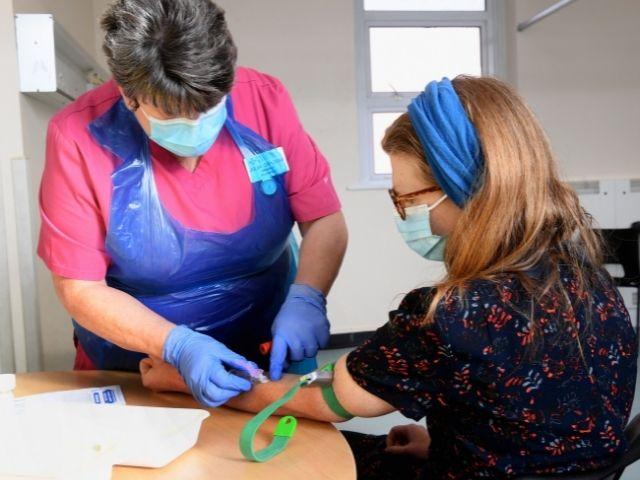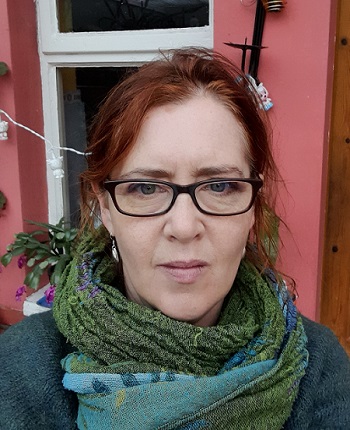
Where would we be without research?
23 February
Our new campaign highlights the importance of all health and social care research in Wales encouraging more people to find out more, help and shape research.
We’ve launched a new campaign today encouraging more people to help with life-changing research by showcasing the ground-breaking studies taking place right across Wales.
COVID-19 research
Over the past 22 months over 47,000 Welsh people have participated in urgent public health studies into COVID-19. Volunteers have helped inform the booster programme; supported the development of four new vaccines; and informed the vaccine roll out programme for 12-15-year-olds to name a few.
Ways to help with research
The ‘where would we be without research’ campaign highlights the ground-breaking research which has already changed lives of hundreds of people in Wales and the ways people from all communities can help in the future.
There are many ways people can help with research, from supporting the creation of study information, and developing key research questions to advising researchers on the best ways to share findings or participating in clinical trials. Having first-hand experience of treatments and care makes members of the public invaluable to researchers, helping make sure their research is focussed on the issues which are important.
Professor Kieran Walshe, Director of Health and Care Research Wales
He said: “People who had never thought much about research before were involved in the development of vaccines, clinical trials and treatments and the results from the research made headline news giving real hope in the fight against the virus.
“But researchers in Wales have been at the heart of vital research for years into conditions such as diabetes, cancer, dementia and developing new technologies such as virtual reality headsets for post-traumatic stress disorder and robot arms to support epilepsy surgeries.
“The ‘where would we be without research’ campaign reminds us what our world would be like if those researchers, scientists, academics and research delivery staff weren’t there. We wouldn’t have medicines like paracetamol and penicillin, or any of the diagnostic tests and treatments which save and improve lives in Wales and across the world.”
Dr Nicola Williams, Director of Support and Delivery at Health and Care Research Wales
She said: “People rely on research happening in the background to ensure their dad, sister or niece get the best treatment and diagnosis, but it all relies on individuals happy to help researchers. This can be done through clinical trials, commenting on study set-up or being part of a focus group – without those volunteers many people wouldn’t be here today.”
Motivations to help with research
There are many different motivations to help with research and the campaign aims to ensure as many people as possible can get involved. One participant of a research study called SIREN, looking into whether those infected with COVID-19 are protected against becoming infected again, is Sarah Goodey who lives in Newport.
 Sarah, has been part of the study since 2021 and has just signed up for another year. She said:
Sarah, has been part of the study since 2021 and has just signed up for another year. She said:
“I have to give blood for the study, and I don’t like needles, but I was happy to join the trial because I think it’s something I can get over just by looking the other way and thinking this is something I’m doing for the bigger picture. It’s bigger than me.
“I'm so glad I volunteered to do the trial. I remember when I told my parents what I was doing, and they were really proud of me.
“They had also signed up for COVID-19 trials as well. I think research is essential to our health and wellbeing.”
To read more stories about life-changing research visit here follow the conversation on social media @ResearchWales